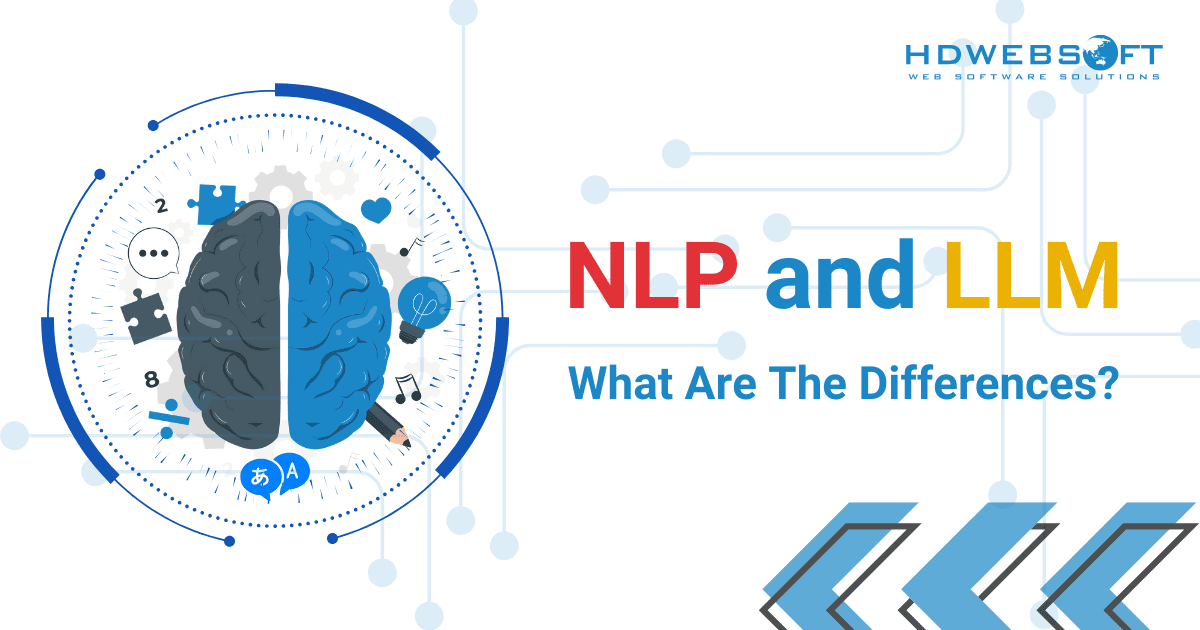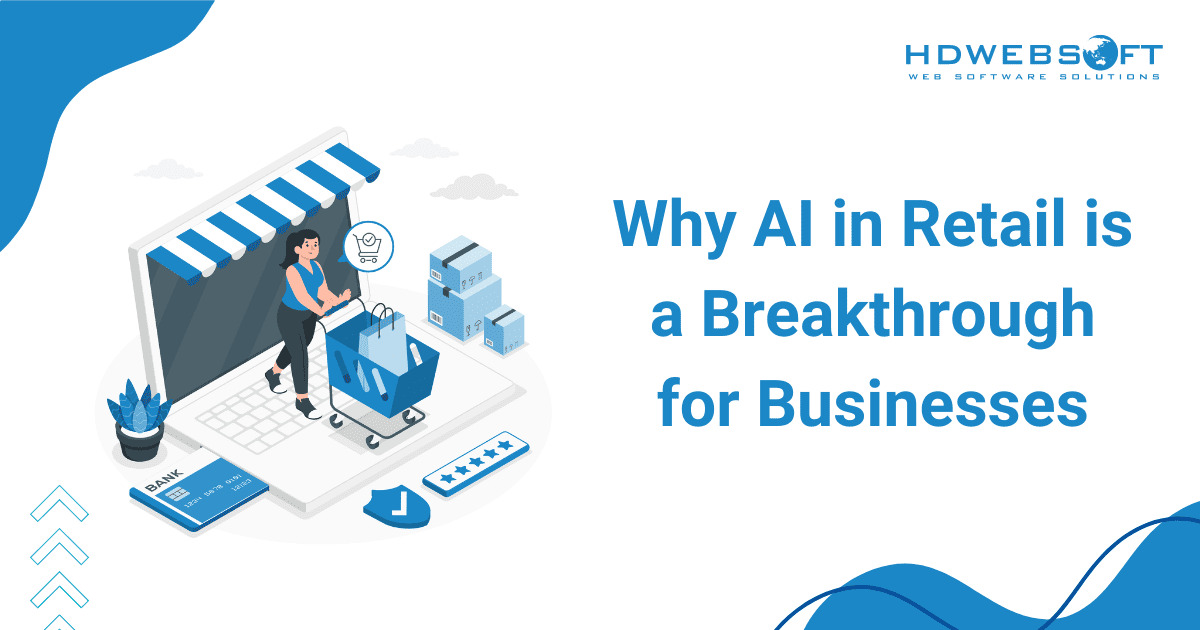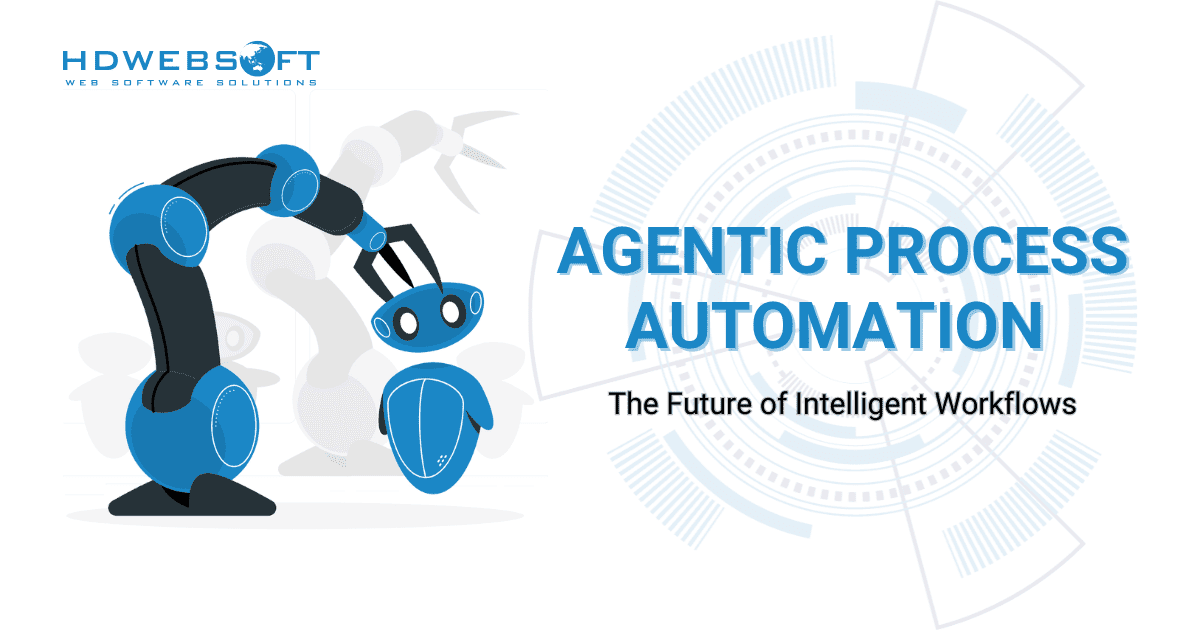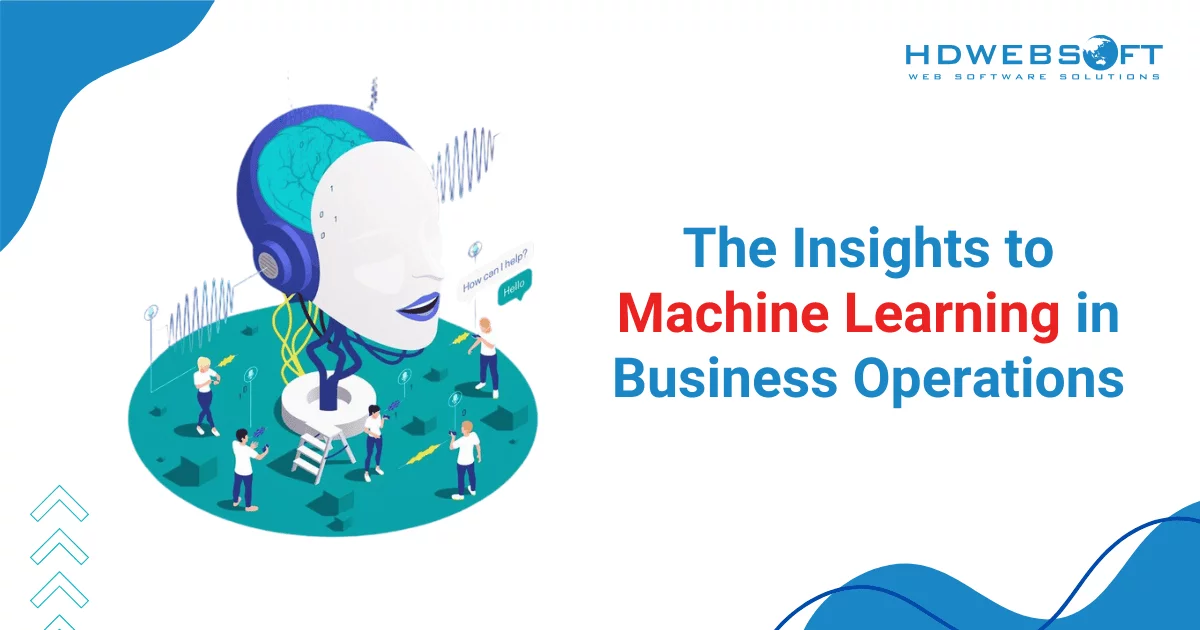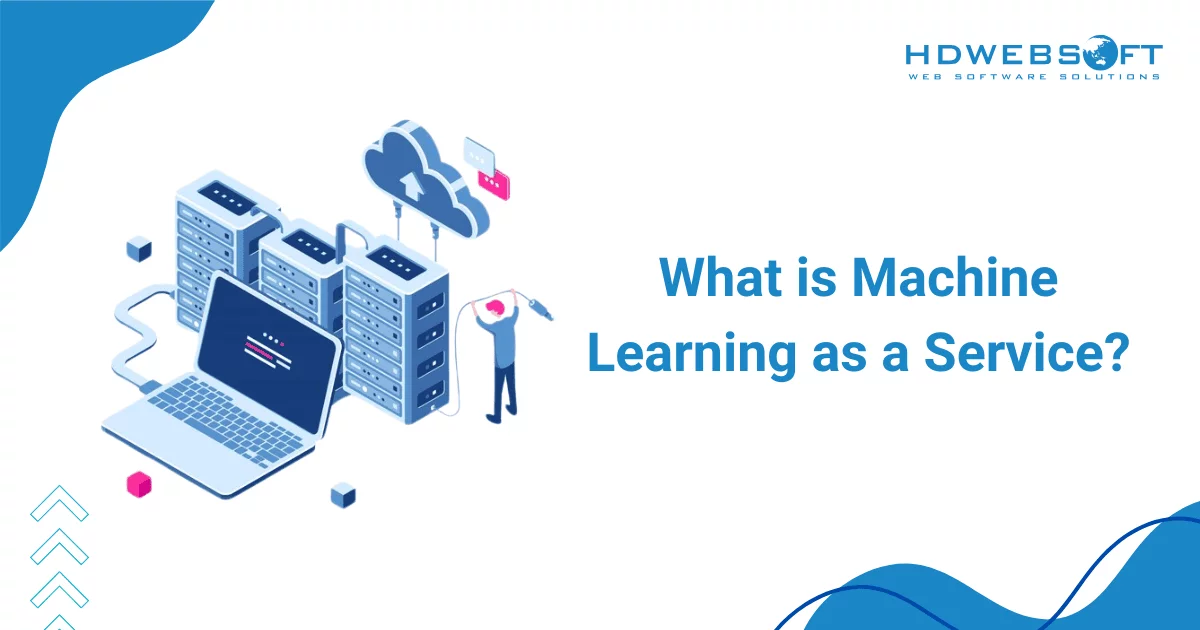
Machine Learning as a Service (MLaaS) is transforming how industries leverage artificial intelligence by providing ready-to-use, cloud-based solutions. As machine learning continues to drive innovation, the complexities of deploying and managing ML systems often deter businesses. MLaaS addresses these challenges by simplifying adoption, making machine learning more accessible, efficient, and cost-effective for startups, mid-sized companies, and large enterprises alike.
In today’s writing, we’ll uncover the significance behind MLaaS and its platform. Moreover, a detailed review of available tools on the market will be provided, along with some tips on implementing this technology.
What is Machine Learning as a Service or MLaaS?

MLaaS, or Machine Learning as a Service, refers to a suite of cloud-based tools and frameworks designed to facilitate:
- Ready-to-use predictive analytics for diverse applications
- Data preparation and transformation
- Model development and optimization
- Workflow orchestration
- Model implementation
These platforms eliminate the need for businesses to invest in expensive infrastructure or hire specialized talent.
Offered by major cloud providers, MLaaS packages include data preprocessing, algorithm selection, model training, and performance evaluation. Companies can easily integrate these services into their workflows, harnessing the power of ML without the usual barriers.
This pay-as-you-go model not only democratizes access to advanced AI but also allows businesses to scale their operations efficiently. As a result, MLaaS has become a preferred choice for organizations aiming to remain competitive in an evolving digital landscape.
What to Expect from the MLaaS Platform
As businesses increasingly adopt MLaaS to enhance their operations, understanding what these platforms offer is crucial. Let’s dive deeper into the features that make this technology an essential resource for businesses in this digital age.
Data Management
At the heart of any Machine Learning as a Service initiative is data, and these platforms excel at data management. To begin with, they often include tools for cleaning, organizing, and visualizing raw data, which are crucial for building reliable machine-learning models. Moreover, businesses can expect to upload, store, and preprocess large datasets with ease. As a result, these features ensure data quality and consistency across projects, optimizing the entire ML workflow.

Machine Learning as a Service can help manage data neatly and store it for later use.
Additionally, MLaaS providers typically support integrations with various data sources, from cloud storage to databases. It’ll allow organizations to centralize their data pipelines. Therefore, the technology helps businesses streamline workflows and focus on deriving insights rather than wrangling data.
Access to ML Tools
One of the biggest advantages of MLaaS is the extensive library of machine learning tools at your disposal. Whether you’re looking to implement predictive analytics, sentiment analysis, or natural language processing, these platforms provide pre-built algorithms. In addition, they offer frameworks designed to cater to diverse business needs, making them highly adaptable solutions.
Moreover, Machine Learning as a Service enables ML in business operations by providing tools designed to address real-world challenges. From automating repetitive tasks to enhancing decision-making processes, these tools empower companies to make data-driven choices.
In essence, even businesses without a dedicated team of data scientists can leverage machine learning to optimize their operations.
Model Customization
While pre-built models are beneficial, businesses often require solutions tailored to their specific goals. MLaaS platforms address this need by allowing users to customize machine learning models to suit their unique requirements.
For instance, from selecting the best algorithms to fine-tuning hyperparameters, it offers flexibility at every stage of AI model development. Consequently, this customization ensures that businesses can create models optimized for their datasets and objectives, enhancing overall accuracy and performance.
Furthermore, many MLaaS platforms provide tools to compare multiple models, helping businesses identify the best-performing ones before deployment.
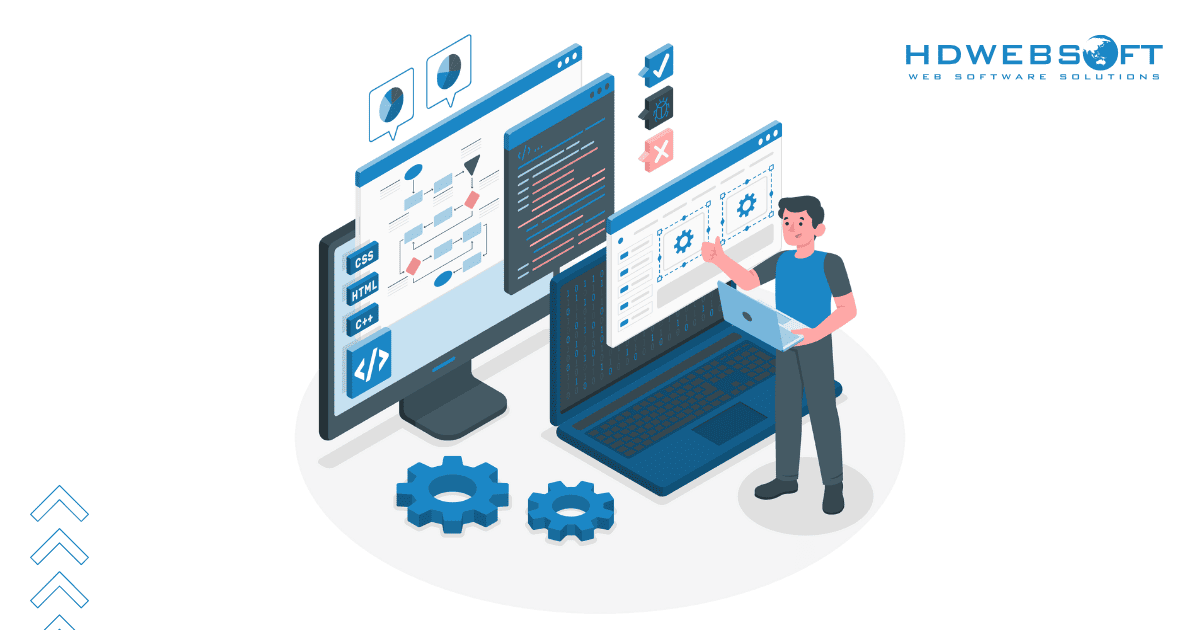
You can customize your Machine Learning as a Service model to meet your unique requirements.
Ease of Use
A major selling point of Machine Learning as a Service is its user-friendly nature. These platforms are designed with accessibility in mind, featuring intuitive interfaces and guided workflows that simplify complex machine-learning processes.
Even users with minimal technical expertise can navigate MLaaS platforms with ease. Features like drag-and-drop functionality, pre-configured workflows, and detailed documentation make it possible for non-experts to build and deploy ML models. For example, prediction models can deployed, enabling businesses to act on insights without requiring deep technical knowledge.
This accessibility reduces the learning curve, enabling businesses to integrate machine learning into their operations quickly without significant delays.
Cost Efficiency
Implementing machine learning in-house often requires substantial investments in infrastructure, talent, and ongoing maintenance. MLaaS eliminates these barriers by offering a pay-as-you-go model. Hence, businesses can access advanced capabilities without incurring hefty upfront costs.
This cost-effective approach is particularly beneficial for SMEs that may not have the resources to develop in-house solutions. Additionally, the scalability of Machine Learning as a Service ensures that businesses only pay for what they use. Thus, it becomes a budget-friendly option for businesses as needs evolve.
Security and Compliance
In today’s digital age, data security and regulatory compliance are non-negotiable, especially for industries like healthcare and finance. MLaaS platforms prioritize these aspects by implementing robust security measures for AI development, such as encryption, multi-factor authentication, and regular audits.
Moreover, leading MLaaS providers ensure compliance with regulations like GDPR, HIPAA, and CCPA. Businesses are given peace of mind when handling sensitive data. Resultantly, their commitment to security and compliance makes MLaaS a trusted solution for organizations that deal with confidential information.
A Review of Available MLaaS Tools
The global MLaaS market is booming, projected to grow to $117.98 billion by 2033, reflecting a CAGR of 39.05%. This remarkable expansion underscores the growing reliance on these platforms across industries.
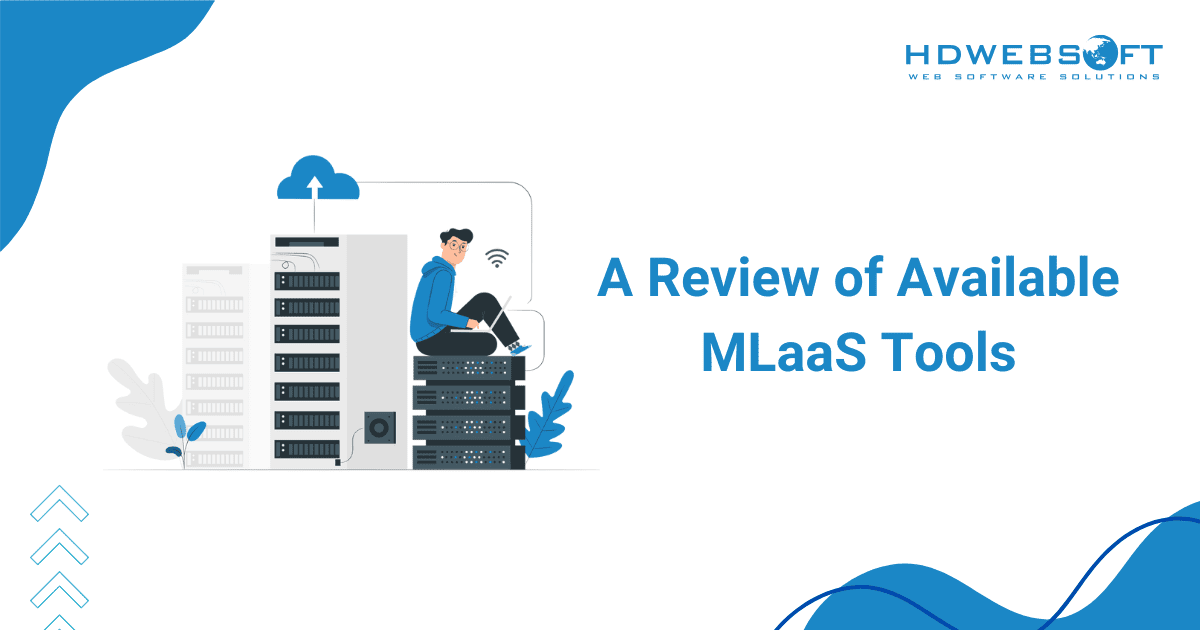
With a wide range of Machine Learning as a Service tool on the market, understanding their unique offerings is key to making an informed decision. Let’s explore some of the leading tools, each bringing its distinct capabilities to the table.
Amazon Machine Learning Services
AWS (Amazon Web Services) offers a comprehensive suite of machine learning tools under its cloud-based machine learning portfolio. One of the most prominent services is Amazon SageMaker. It simplifies the entire ML workflow, from data preparation to model deployment.
Key Features
- Ease of Use: SageMaker provides an integrated development environment for creating, training, and deploying machine learning models. As a result, it becomes accessible even for users with limited ML experience.
- Scalability: Businesses can scale their ML operations effortlessly with the flexibility of AWS’s robust cloud infrastructure.
- Built-in Algorithms: It offers a variety of pre-built algorithms optimized for common use cases, reducing development time.
- Autopilot: For those new to machine learning, SageMaker Autopilot automates the model-building process, delivering results without requiring coding expertise.
With its extensive documentation and support, Amazon’s Machine Learning as a Service is preferred by companies of all sizes.
Microsoft Azure Machine Learning Studio
Next, Microsoft Azure Machine Learning Studio stands out for its user-friendly interface and powerful integration capabilities. This tool is ideal for businesses seeking a balance between simplicity and advanced functionality.
Key Features
- Drag-and-Drop Interface: The platform’s no-code environment allows users to build ML models through an intuitive drag-and-drop interface. Expectantly, this feature makes it accessible for non-programmers.
- Customizability: Experienced data scientists can also leverage Python and R to create highly customized solutions.
- Enterprise-Ready: With frictionless integration into Microsoft’s ecosystem, including Power BI and Dynamics 365, Azure ML Studio is tailored for enterprise use.
- AutoML: Like SageMaker, it offers automated machine-learning capabilities to streamline the model development process.
Azure’s commitment to security and compliance makes it particularly appealing for industries like healthcare, where data privacy is paramount.
Further Reading: NLP in Healthcare and its Applications.
Google Cloud Platform
GCP is a leader in Machine Learning as a Service and is known for its cutting-edge tools and expertise in AI research. Simply speaking, its AI Platform, combined with TensorFlow, provides unmatched capabilities for developers and businesses.
Key Features
- Pre-Trained Models: GCP offers pre-trained models for vision, translation, and natural language processing, enabling businesses to deploy AI solutions quickly. Additionally, these models support AI text analysis, allowing businesses to extract insights from textual data with minimal setup.
- BigQuery ML: This feature integrates ML with Google’s BigQuery data warehouse. Accordingly, users can run machine learning queries directly on large datasets.
- Scalability and Speed: GCP leverages Google’s advanced infrastructure to deliver fast and scalable ML solutions.
- TensorFlow Integration: TensorFlow, an open-source library, offers a wide range of ML functionalities and is fully compatible with GCP.
Overall, GCP’s focus on innovation and its robust ecosystem make it a top choice for tech-driven organizations.
IBM Watson Machine Learning
Lastly, IBM Watson Machine Learning is another strong contender in the Machine Learning as a Service space. It’s designed for businesses that value data-driven insights. IBM’s deep roots in AI and machine learning give this platform a competitive edge.
Key Features
- AI-Powered Insights: Watson’s cognitive capabilities enable businesses to uncover hidden patterns and trends in their data.
- Multicloud Support: Users can deploy models across public, private, or hybrid cloud environments, offering flexibility in operations.
- Model Customization: Watson ML supports popular frameworks like TensorFlow, PyTorch, and scikit-learn, allowing for extensive customization.
- Enterprise-Grade Security: With IBM’s strong focus on data protection, Watson ML ensures compliance with industry standards and regulations.
For organizations looking to combine advanced analytics with top-tier security, IBM Watson ML is a strong contender.
Read More: Top 10 AI and ML Trends for 2025.
A Balanced Approach
MLaaS offers immense potential to revolutionize business operations, but it’s not always the ideal solution for every scenario. A thoughtful approach is crucial to determine when MLaaS aligns with your goals and when it’s better to explore alternative options.
When Not to Use MLaaS
While Machine Learning as a Service is versatile and convenient, there are situations where it may not be the best fit. Understanding these limitations ensures that you allocate resources effectively and avoid unnecessary complications.
- Highly Sensitive Data Needs: If your project involves highly sensitive data, it is crucial to ensure robust security measures. Therefore, relying on external cloud-based machine learning platforms might not meet the stringent security standards required.
- Budget Constraints: Although MLaaS is cost-efficient in many cases, ongoing expenses can accumulate. For startups or small businesses with tight budgets, these costs may outweigh the benefits.

Budget can be a problem for SMEs when implementing Machine Learning as a Service due to constant maintenance and updates.
- Complex Customization Requirements: Some businesses require highly specialized machine learning models that MLaaS platforms cannot fully support. This is due to limitations in customization.
- Data Ownership Concerns: If you’re worried about data privacy and control, hosting ML models in-house may offer peace of mind.
- Regulatory Compliance Challenges: Making sure that Machine Learning as a Service meets all compliance requirements can be a complex process. This is particularly true for industries that handle sensitive information, such as finance. Even with the help of finance AI, organizations still need to navigate strict regulations and various national security standards.
When to Use MLaaS
In contrast, there are numerous scenarios where MLaaS proves invaluable, helping businesses unlock efficiency and innovation.
- Limited In-House Expertise: If your organization lacks a dedicated team of data scientists, MLaaS platforms provide user-friendly tools and pre-built models to get started.
- Time-Sensitive Projects: MLaaS accelerates the deployment process. In particular, it’s ideal for projects with tight deadlines or immediate needs for machine learning capabilities.

Machine Learning as a Service is especially suitable for businesses that demand a solution in a limited period of time.
- Resource Optimization: By outsourcing the technical heavy lifting, your team can focus on core business objectives. As a result, they won’t get bogged down in the complexities of machine learning.
- Scalability Needs: Businesses experiencing growth can benefit from the scalability of Machine Learning as a Service. To this end, it adjusts to meet increased data volumes or computational demands, ensuring efficient performance as the business expands.
- Exploring New Use Cases: If you’re testing the waters with machine learning for the first time, MLaaS platforms provide a low-risk environment to experiment and innovate.
Conclusion
Given the complexity and rapid changes of the modern world, establishing an on-premise data science infrastructure can be too risky and lacks flexibility. MLaaS provides an ideal solution, offering limitless scalability that can easily be adjusted back to the size of a typical PC with just a few clicks.
With projections indicating massive growth in the MLaaS market, now is the perfect time for businesses to explore its potential. HDWEBSOFT is proud to be a trusted AI development partner with many industry leaders. Our expertise in delivering tailored machine-learning solutions helps businesses harness the power of AI to drive innovation. Whether you’re looking to integrate ML models into your existing systems or build custom AI-driven applications, HDWEBSOFT provides the resources and support to ensure your success in the rapidly evolving tech landscape.





